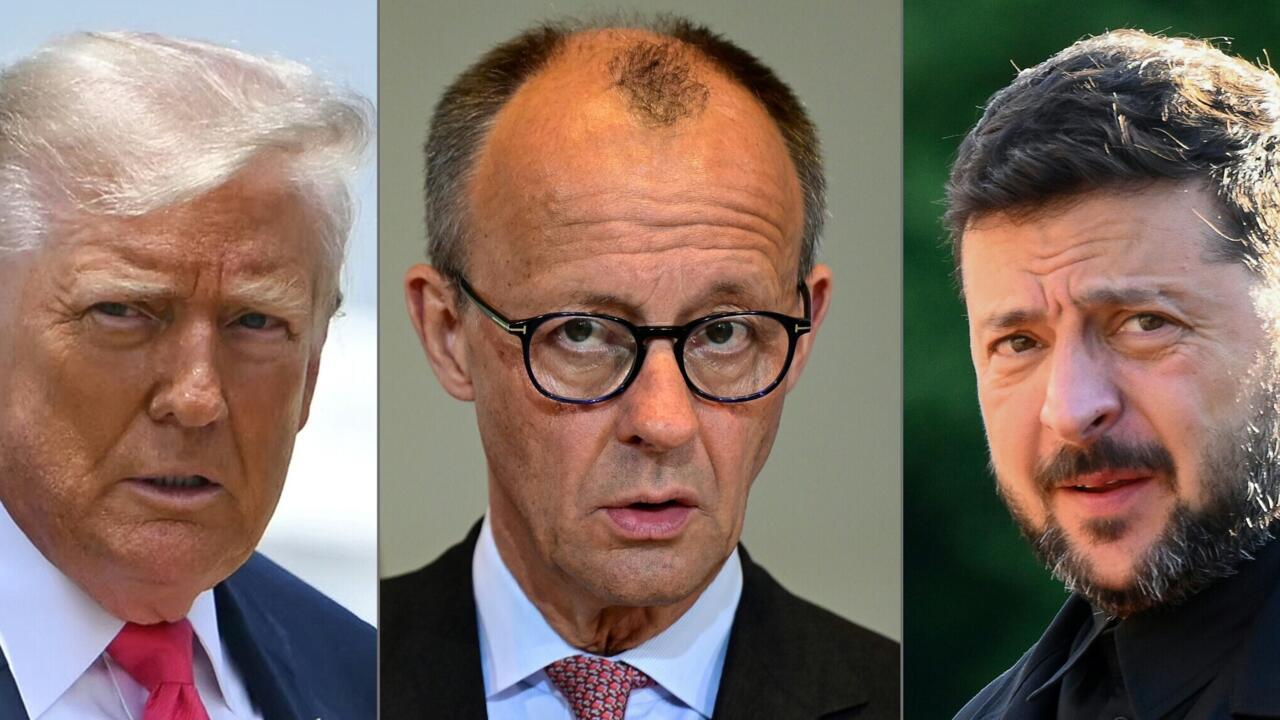U.S. President Donald Trump is set to take part in high-level online talks with European leaders on Ukraine today, August 13, according to a White House official.
The discussions come just days before his scheduled face-to-face meeting with Russian President Vladimir Putin in Alaska on Friday—an encounter that is already drawing intense geopolitical scrutiny.
German Chancellor Friedrich Merz confirmed that he is hosting the virtual session, which will include Trump, Ukrainian President Volodymyr Zelensky, and several European leaders. The meeting aims to address the ongoing war in Ukraine and coordinate a unified Western strategy, amid fears that the upcoming Trump-Putin summit could marginalize both Ukraine’s interests and the broader European position.
Berlin has signaled growing concern over the Alaska talks, suggesting that the Kremlin could use the bilateral meeting with Trump to push for concessions on territory or sanctions without input from Kyiv or its European allies. On Monday, the German government announced that it was working to preempt such outcomes by preparing for “possible peace negotiations” and the handling of any “territorial claims” that might emerge.
“The talks will focus on further options for action to put pressure on Russia,” a government spokesperson in Berlin stated, adding that maintaining unity among NATO and EU members would be critical in the weeks ahead.
Invitations have been extended to the leaders of France, the United Kingdom, Finland, Italy, and Poland, alongside European Commission President Ursula von der Leyen and NATO Secretary General Mark Rutte. Trump’s Vice President, JD Vance, is also expected to attend, underscoring the political weight of the session.
The meeting reflects deep divisions in the international community over how to approach the war’s endgame. While some European governments are pushing for a hard line against Moscow—including continued military support for Ukraine and intensified sanctions—others are quietly exploring diplomatic off-ramps, especially as the war grinds into its fourth year with heavy casualties and economic strain on both sides.
Zelensky, whose government remains heavily dependent on U.S. military and financial aid, is expected to press Trump for explicit commitments of continued American support. However, Trump’s past skepticism toward NATO spending and his emphasis on “deal-making” with adversaries have left Ukrainian officials wary that Washington’s stance could shift under his leadership.
The Alaska summit between Trump and Putin—taking place on U.S. soil but far from the political centers of Washington or Moscow, has been billed by both camps as a “reset” opportunity.
Critics, however, warn it could embolden Russia if the talks result in any easing of sanctions or de facto recognition of territorial changes in Ukraine.
![]()






























































